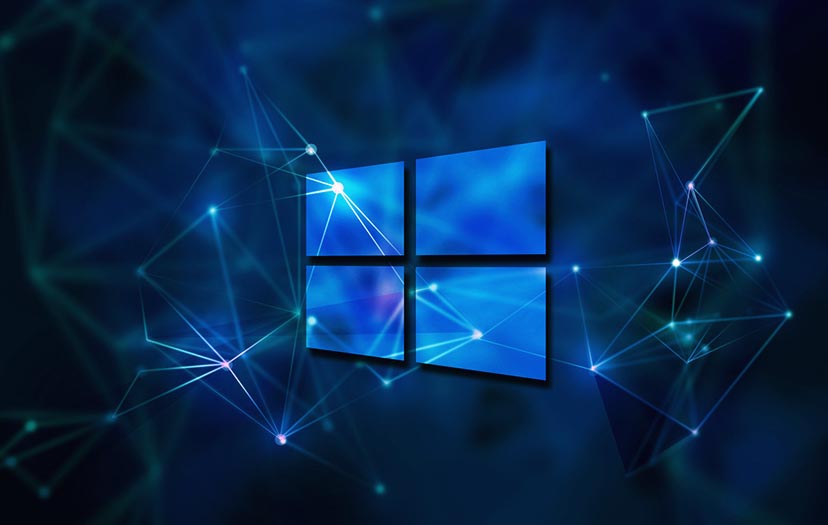Buy vs lease – this question pops up more and more for small and medium size businesses. Each business owner’s or organizations’s situation is unique, however, the decision to buy or lease business equipment can be made in each case, with consideration to organization’s situation.
Leasing computer equipment makes sense in a lot of situations, but the process needs to be managed as carefully as an actual purchase. In deciding whether to buy or to lease we drew up a list for you to consider :
- Keeping up with Life Cycle: The usual lease runs about two to three years, – also an average term for the technology to get upgraded. Leasing computer equipment allows companies to keep up with technology better. When you factor in depreciation of the equipment over the years, leasing may be more attractive to smaller companies on the budget.
- Maintaining Cash Flow: Leasing helps contain immediate cost, helping company to maintain it’s cash flow. Start-up or rapidly growing companies would benefit from this option – this way money spent on leasing the computers becomes an operating expense.
- Less Paperwork: One of the best bets is to lease directly from a manufacturer or vendor. Although some vendor’s run credit checks on the companies they lease to, typically small business owner does not need to obtain a loan from the bank of venture capitalists to get the equipment, affording them greater operational flexibility.
A revolving line of credit for inventory and customer receivables is a good strategy if you plan on leasing your equipment.
- Maintenance: Another important point is leasing allows your company to focus on business, while leasing vendor is focused on equipment service, patching, update support and warranties for your hardware.
There are however some downside to the new trend ” just like every other great ideas” and most of these relates to the financing leasing periods.
- Long-Term Cost: In general, leasing an item is almost always more expensive than buying it: there is no equity in the leased equipment. In some cases, however, with ever-changing technology some equipment may become obsolete by the end of the lease, and in this scenario lease may not be of a significant disadvantage.
- Long-Term Commitment: When signing a lease you are obligated to make payments for the entire lease period regardless of how much use you get out of your equipment; typically large early termination fees apply if you need to get out of the lease.
The emerging market of IT leasing on a smaller scale is so lucrative that even the big IT players have gotten involved. Dell and Hp have both setup small scale leasing department that helps company facilitate and manage the leasing process.
So as a business owner , aspiring business owner or a well established organization, leasing is an option that is available to you, it makes simple sense and also accessible to almost all province in South Africa depending on the lease company of choice.








